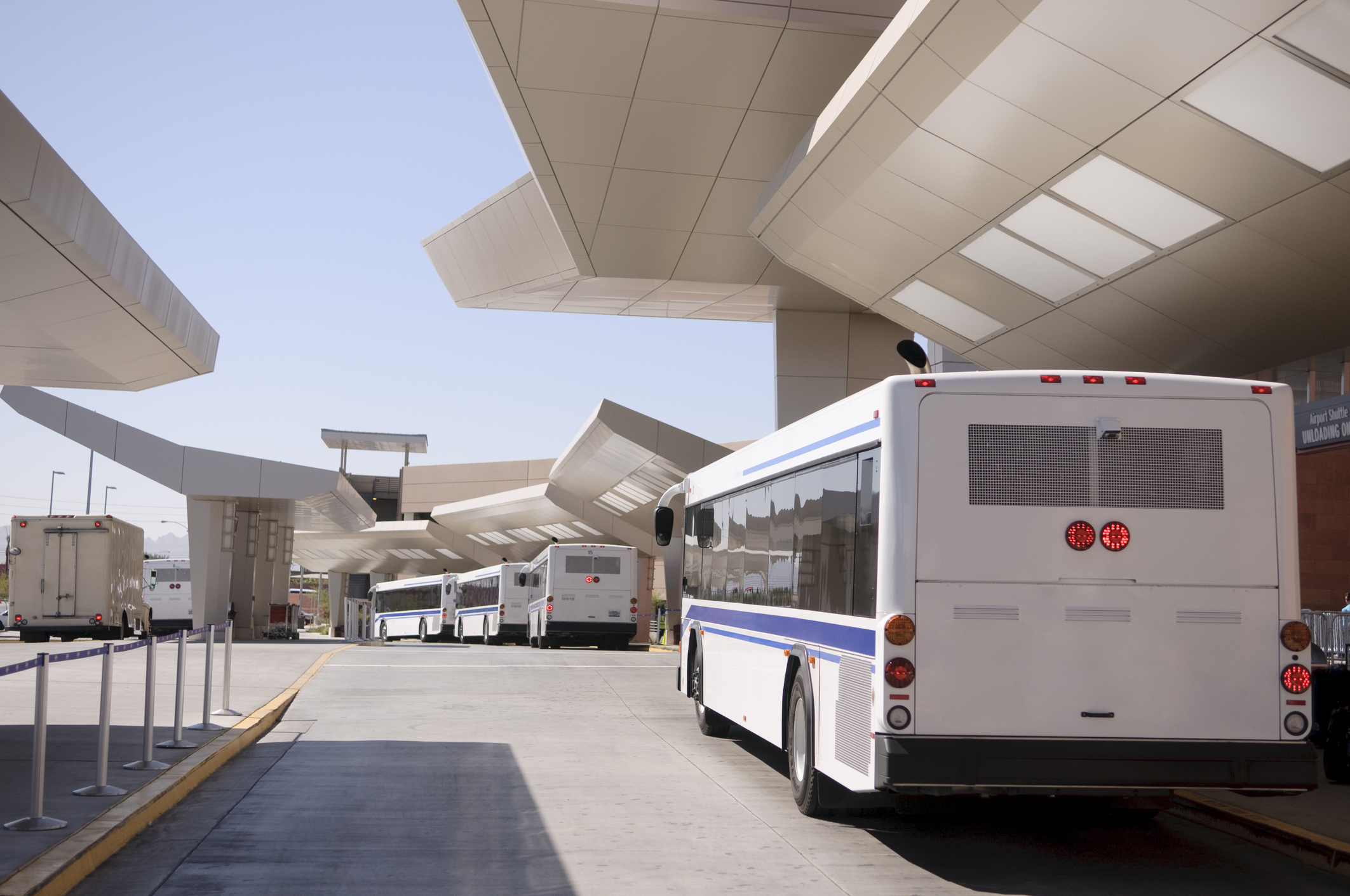If guests have to call for transportation at a hotel, do they go to the front desk or look to their phones? According to Mike Cullen, VP of asset management at the Procaccianti Group, guests still pump their brakes at the desk, but he also conceded that ride-sharing apps are firing on all cylinders.
Just a few years ago, Cullen would have had a long list of tips for operators to help gas up their transportation offerings, but now he says the best practices revolve around effective queuing.
“There is more emphasis now on bell staff or front-desk associates to make sure the constant flow of traffic around hotel entrances is appropriate than before,” Cullen said. “We are seeing the era of Boston Coach sort of recede these days because of the ease of launching an app and calling a car is the way to do it, and it’s better from a business travel perspective as well.”
Cullen said that in a world where guests want to bypass the front desk at check in and text operators about maintenance requests or food orders, it only makes sense that they would like to bypass interactions for ordering cars, as well.
It’s a responsibility Cullen is gladly handing off; he rationalizes that many operators have their hands full already and would rather professional transportation services take the lead and reduce the burden on the hotel.
But what options are there for properties looking to ramp up their transportation service offerings while catering to the needs of the modern guests, when almost everything is handled on personal guest devices?
In swoops Uber for Business, a proprietary business solution installed for hotels who want to order rides for guests. The solution can be handled in much the same manner as a traditional car service, but can be ordered via a computer operated by a front-desk agent or rooms manager, with the cost of the ride applied to a guest’s room bill.
Travis Bogard, global GM at Uber for Business, said the company noticed that while ride-sharing customers like to use their phones to order cars, hotel guests want to have cars ordered for them, retaining the service component of staying at a hotel.
“When we started Uber, we were thinking simple. Press button, car shows up; that was the idea,” Bogard said. “If we wanted to be in hotels, we had a lot of extra information to consider. We had to allow operators to manage a single bill rather than a list of $6 bills, policy documents needed to be front and center, and more.”
Dean Yamashita, director of sales and marketing at the boutique Hotel Angeleno in Los Angeles, said his hotel keyed in Uber for Business and has seen steady guest interest in the service. He also noted that the property’s town car business has been negatively impacted, but said it needed gas for some time.
“Our town car has been a staple here since I signed on six years ago,” Yamashita said. “I don’t want to kill their business, but it’s cause and effect. We are trying to focus on a younger demographic of guests. [Ride sharing] is part of their life, and we wanted to get that in the hotel.”

Hotel Shuttles Retain Staying Power
Ride sharing is an excellent travel option for leisure travelers or business professionals on expense accounts, but in many cases a shuttle is still a necessity for hotel.
Yamashita said that, despite the Hotel Angeleno’s integration with Uber for Business, the property still operates a complimentary guest shuttle servicing a 3-mile radius around the property.
“The shuttle is primarily for travel to the airport, but we also have high demand to reach [the University of California, Los Angeles] and nearby Santa Monica,” he said. “Sometimes guests will opt for alternative transportation if the shuttle is out on a run, but we still see it as a necessity.”
Deciding whether or not your hotel requires a shuttle can be difficult, and Cullen said it takes a methodical approach and a look at some hard data before investing in a vehicle. Major factors to consider include the obvious (what market are you in, how close is the nearest airport), as well as some less-obvious (what days of the week are you pulling most of your business, what is your hotel guest’s average age).
“Markets such as Orlando, where families expect a shuttle service to be on offer, I don’t see it going out of style there,” Cullen said. “That being said, the jury is out on some corporate hotels. I could see a corporate property with peak nights Monday through Thursday experiencing diminishing shuttle service in the future.”
Greg Greiner, head of product at Uber for Business, said the company is considering possible shuttle alternatives for businesses, but admitted there are a number of factors preventing ride sharing from making the leap.
“It comes down to cost for airport shuttles,” Greiner said. “If we can come up with a better method to handle the cost, then we would find more businesses interested in the idea. Shuttles also present a capacity issue. Getting that capacity up and filling all the seats, shuttles don’t solve that. Our service gets cheaper over time, and too often we see shuttles go out when half the seats are empty and it’s difficult to justify.”
In addition to this, scheduling shuttles can be a complicated process when they have strict deadlines for return trips and often are asked to make concessions for guests. Cullen said the back-of-house solutions for shuttles have also stagnated in recent years without many changes, and is uncertain hotels would be willing to adopt another back-of-house solution to cover it.
“I’ve seen hotels still use manual logs to track shuttle schedules,” Cullen said. “I think that would have to change first.”
